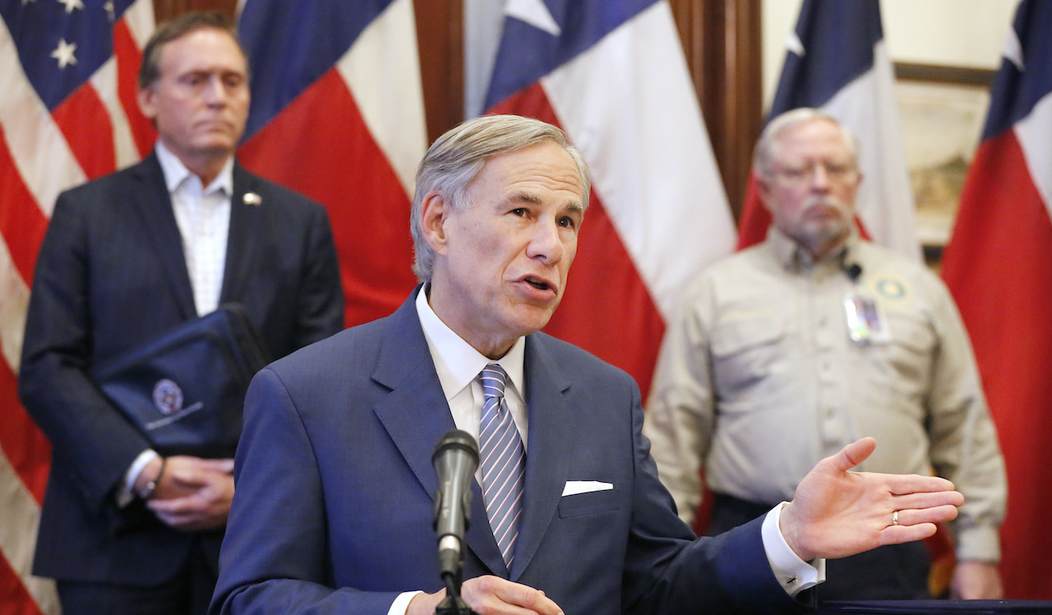In the middle of quarantine, an author at VICE accused Texas Governor Greg Abbott (R) of murder for reopening his state. Well, quarantine has come to an end nationally. Rioters raided Target in numbers well over the recommended 10, CHOP is functionally a festival, and normal Americans are returning to public life. Accordingly, the refrain returns: a haircut is tantamount to homicide.
Ignoring the assumptions in the second half of the accusation, I question this idea that we’d only leave our houses for trivialities. Stories abound of funerals blocked and jungle gyms barricaded, but even that ignores the significance of the daily grind. There is far more to gain from a trip to the store than consumer goods, and quarantine has made that apparent.
Long before COVID, Wisconsin received record-setting rainfall and I arrived home to a basement window turned indoor hose. Inside the hardware store, a line of frazzled individuals, some in their pajamas, stood with carpet cutters and fans; the store had run out of water pumps. The clerk apologized and offered his commiseration. Leaving empty-handed, I at least knew everyone on my block had lost to a common enemy.
Despite a lackluster first visit, I found myself returning to that hardware store with some frequency over the following months. A teacher on summer break, I had a minor case of cabin fever. With that same clerk who had offered his commiseration, whose name I still don’t know but he plays on the same volleyball league as my wife, I shared in new-home difficulties: holes in the wall, the tedium of painting a room, raking, shoveling.
The following summer, my dog ran into a rusting laundry line in my backyard and broke her leg. I spent hours trying to shovel out this pole cemented into my lawn before seeking help. The hardware store was empty that day except for a group of attendants talking behind the counter. They chuckled at my frequent visits and then gave me a sledgehammer, a reciprocating saw, and some general goodwill.
Recommended
Since COVID, I haven’t visited that store. Regardless of the leak, clog, or appliance in need of fixing, my Governor’s orders kept me home. Superficially, it meant I couldn’t fix a few leaks but there is a deeper connection that was lost.
A 2014 study into weak-tie relationships—those passing friendships with clerks or baristas—found that they benefit our mental health just like strong-tie relationships with spouses or family. They provide a sense that the world is good and that we have a place in it. It’s unsurprising then that healthcare professionals worry about rising rates of suicide, alcoholism, and drug use during the quarantine.
I’ve seen these weak-tie relationships in others as well. All through high school, I worked as a barista at my local cafe. An aged group of friends sat for hours every week talking, reading the paper, sitting in silence. As the shift slowed, one man whose name I cannot recall would inevitably ask me to sit with them. We talked about politics, sports, the royal wedding, and their dismay at the oncoming closure of the shop.
Every few weeks, one of the regulars at the coffee shop would fill up his ‘punch card’ and earn himself a free drink. At the time, his decision to use it on a small black coffee for $1.50 left me confounded. Why not get for free some fancy drink for three times the price? Now I understand. He was there for something more than coffee.
And so people who opt to leave their houses aren’t just selfish ideologues looking for a beer. They’re visiting the hardware store to fix a genuine problem and hopefully get some goodwill too. They’re struggling with mental health and want a smile from their local clerk. They’re normal people trying to be happy. These accusations of murder aren’t just wrong; they’re cruel.
























Join the conversation as a VIP Member